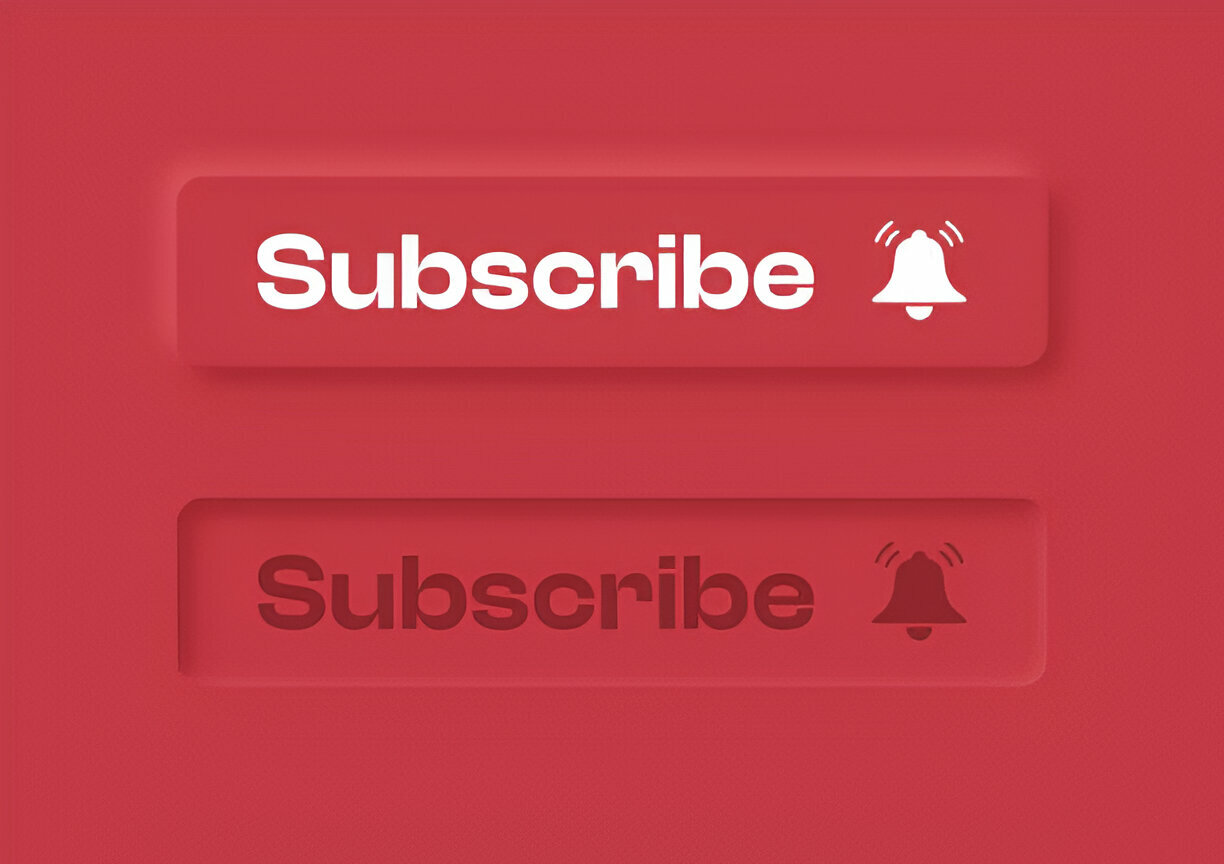Let’s cut through the noise. You’ve heard the buzz: celebrities swear by it, your coworker won’t shut up about it, and your Instagram feed is flooded with #IFbeforeafters. But intermittent fasting (IF) isn’t just another trend—it’s a rebellion against the “eat six small meals a day” dogma. The real question? Whether this ancient practice fits into your modern life. Spoiler: It might… but not for everyone.
The Science Behind the Fast: What Happens When You Stop Eating (Besides Getting Hangry)
Your body isn’t a passive bystander when you skip meals. Here’s the play-by-play:
- Hour 0–12: Business as usual. Your body burns through the glucose from your last meal.
- Hour 12–18: Enter the fasting zone. Insulin drops, fat stores start breaking down, and ketones (a backup fuel source) kick in.
- Hour 18+: Autophagy revs up—a cellular “spring cleaning” where your body recycles damaged cells. (Think of it as a Marie Kondo moment for your insides.)
Studies, like a 2019 New England Journal of Medicine review, link these phases to perks like reduced inflammation and improved metabolic health. But let’s get real: most of us aren’t fasting for cellular renewal. We’re here for the jeans that fit better.

The Good Stuff: Why People Are Obsessed
- Weight Loss Without the Math
No calorie counting. No point system. IF simplifies eating by narrowing your window—say, noon to 8 PM. For many, this naturally cuts out mindless snacks or late-night pizza raids. Research in Obesity Reviews found IF can shed 3–8% of body weight in 3–24 weeks. Not magic, but not bad. - Brain Gains (Yes, Really)
Fasting boosts BDNF, a protein that’s like Miracle-Gro for brain cells. A Cell Metabolism study noted that IF may sharpen focus and even protect against Alzheimer’s. Translation: Skip breakfast, ace your morning meeting? Maybe. - Bye-Bye, Sugar Rollercoaster
IF can stabilize blood sugar by improving insulin sensitivity. A 2020 study in JAMA found it rivaled traditional calorie restriction for prediabetic adults. No more 3 PM energy crashes? Sign us up.
The Dark Side: When Fasting Backfires
“I Tried IF and Got… Worse”
- For some, skipping meals triggers binge-eating or obsessive food thoughts. (Ravenous at noon? That “8-hour window” becomes a buffet demolition.)
- Women beware: Hormones like leptin and estrogen can go haywire. One friend swears IF made her periods vanish; another says it tanked her mood. Science is mixed, but listen to your body, not influencers.
- Social jetlag: Try explaining to your grandma why you’re not eating her famous lasagna at Sunday lunch. IF can clash with culture, family, or just… life.
Who Should (and Shouldn’t) Give It a Shot
IF might work if you…
- Thrive on routine (read: love a good spreadsheet).
- Hate diet rules but can handle “no snacks after dinner.”
- Are generally healthy but want to reset your relationship with food.
Skip it if you…
- Have a history of disordered eating. (IF’s restrictions can be a slippery slope.)
- Are pregnant, breastfeeding, or underweight.
- Take meds that require food (like some diabetes drugs).
How to Start Without Losing Your Mind
- Ditch the All-or-Nothing Mindset
Start with 12-hour fasts (7 PM to 7 AM). Easy. No willpower required. - Hydrate Like It’s Your Job
Your best friends during fasting hours are your black coffee, herbal tea, and water. - Eat Like a Grown-Up
Breaking a fast with a donut is like celebrating Dry January with a tequila shot. Prioritize protein, fiber, and healthy fats. - Track More Than Weight
Notice energy, sleep, and mood. IF’s real win isn’t the scale—it’s feeling unstoppable.
The Verdict: It’s a Tool, Not a Religion
Intermittent fasting isn’t the hero or villain of the nutrition world. It’s a lever you can pull—or not. For some, it’s freedom from food obsession. For others, it’s a one-way ticket to Burnout City.
Before jumping in, ask: Does this align with my life, my goals, and my joy? Because no eating schedule is worth dreading mealtime.








+ There are no comments
Add yours